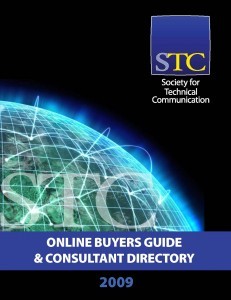From lost relationships to steep financial penalties, the price of poor communication is high
Poor communication costs business millions of dollars every single day. Most executives and managers understand this, yet they don’t realize how big a part they play in this miscommunication.
 Financial statements do not carry a line item for poor communication, although they should since, with a little effort, it can quickly be quantified.
Financial statements do not carry a line item for poor communication, although they should since, with a little effort, it can quickly be quantified.
Communication is vital to the success of your organization. To be most effective, communication must circulate and reach all levels, not just the core.
Different forms of poor communication. Here are but a few:
- Long, unproductive, numbing meetings without a clear purpose or agenda, often reaching no conclusions, result in lost productivity as well as the collective time of everyone attending.
- Poor documentation neglects to mention the purpose of the software or hardware and only explains how it works. Users, however, don’t care how it works; they want to know how to use it!
- Uninspired selling skills and anemic sales presentations showing no interest or understanding of a prospect’s needs, result in missed opportunities and lost sales.

